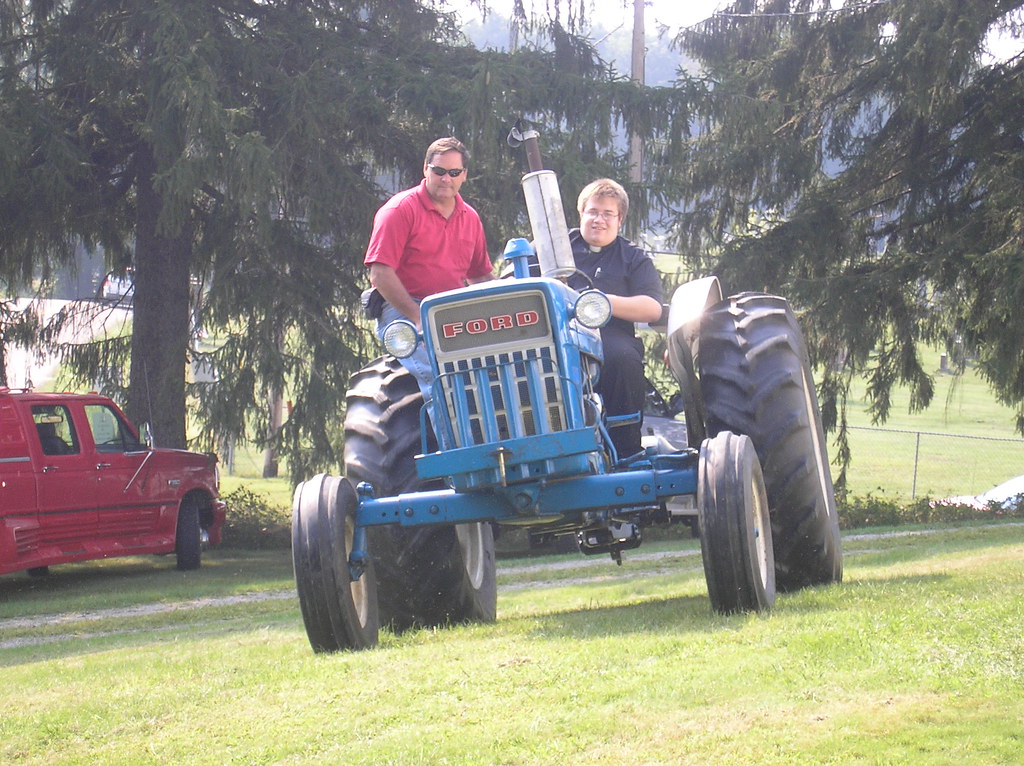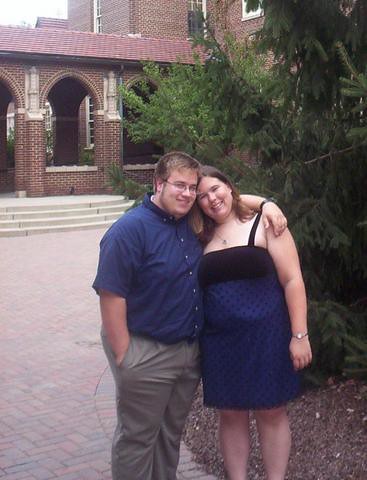Revelation 21:1-6
21Then I saw a new heaven and a new earth; for the first heaven and the first earth had passed away, and the sea was no more. 2And I saw the holy city, the new Jerusalem, coming down out of heaven from God, prepared as a bride adorned for her husband. 3And I heard a loud voice from the throne saying, “See, the home of God is among mortals. He will dwell with them as their God; they will be his peoples, and God himself will be with them; 4he will wipe every tear from their eyes. Death will be no more; mourning and crying and pain will be no more, for the first things have passed away.” 5And the one who was seated on the throne said, “See, I am making all things new.” Also he said, “Write this, for these words are trustworthy and true.” 6Then he said to me, “It is done! I am the Alpha and the Omega, the beginning and the end. To the thirsty I will give water as a gift from the spring of the water of life.
There are certain texts in the Bible, that when you encounter them, they can transport you through space and time. Whenever I hear the 23rd Psalm, especially in the old King James translation, I am immediately taken back to the Sunday school room in the basement of Trinity Lutheran Church in Avalon, Pennsylvania. I remember Mrs. Youkers sitting in the front of our class asking us to repeat from memory the 23rd Psalm. “The Lord is my shepherd, I shall not want.” And so we memorized it, one phrase per week, over the course of the year. Each class we got just a bit further. And to this day, whenever I hear the 23rd psalm I cannot help but think of Mrs. Youkers and that classroom in the basement.
I suspect that if many of you are like me, this text which was read as the second lesson this week, is also one of those texts which transports you through time and space. And unless I miss my guess, it transports you to a funeral, because this text is one of the texts which is quite commonly read at funerals. That where this text takes me, to a funeral. This time, I’m standing in a cemetery, on one of the many hills that overlook downtown Pittsburgh, just next to the hole in the ground where we are about to inter the remains of both of my grandparents. Even as tears stream down the faces of those gathered, the pastor reads “He will dwell with them as their God; they will be his peoples, and God himself will be with them; 4he will wipe every tear from their eyes. Death will be no more; mourning and crying and pain will be no more, for the first things have passed away.”
I have to admit, that even as I wrote this sermon, and as I stand here today and retell the story, it brings tears to my eyes. I get chocked up because these emotions are still a part of me - a part of me that is still waiting for that sort of final transformation which is depicted in our text for today.
There are some wounds which are too big to heal on their own. And truth be told, they are too big for us to heal on our own. We might fool ourselves into believing that the wound has long since healed. That it is a thing of the past. And yet, when we least expect it, it is back again.
Some will try to hide from them instead. And they will go to amazing lengths. Some will turn to alcohol or drugs to alter their reality. But it doesn’t even need to be as obvious as that. We can hide in good things too. We can hide in our devotion – in the time that we spend on an activity. Throwing ourselves whole heartedly into our work, into grange or FFA, into school or our families, even into the church. Whatever it takes, just so long as it keeps us occupied and doesn’t make us face those haunting wounds.
We cannot hope to cause the sort of transformation that we see in today’s text. We cannot expect that we will be able to do it on our own. That’s what we have tried to do for generations. We have tried to take the place of God, insisting like a stubborn 5 year old, “No! I can do it myself!”
Struggle as we might, it is still there. Running doesn’t work. Hiding does not work. It only postpones the inevitable. The reality of our broken and sinful world is that there will be things that are just too big for us to handle. But that is exactly why this text is so commonly read at funerals, because it points to a profound and life changing promise. The home of God is among mortals. The home of God is here, in this place, in this time, with us. The Alpha and Omega, the beginning and the end, the one who formed the universe from nothingness, and will bring creation to completion – this God comes and makes his home with us. And when God comes, a new creation comes with him. Listen again to what John says about this new creation, “And I saw the holy city, the new Jerusalem, coming down out of heaven from God, prepared as a bride adorned for her husband. 3And I heard a loud voice from the throne saying, “See, the home of God is among mortals. He will dwell with them as their God; they will be his peoples, and God himself will be with them.”
Ultimately, my grief, my wounded-ness, or however you want to describe that part way down deep where we store the things that we do not want to deal with will be made new. Your grief, your wounded-ness will be made new. They will become one of those former things, those things that have passed away, the things that our resurrected savior is making new. Our God makes his home among mortals, among us. God is at work in us. Taking those pains, those griefs, and those tears and transforming them – wiping them away. Thanks be to God who makes all things new. Amen.



No comments:
Post a Comment